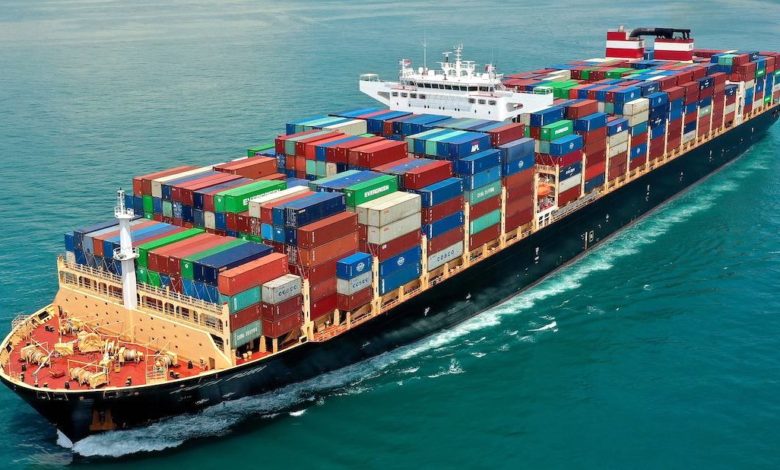PIL to fine clients who misdeclare cargo weight

Singapore’s Pacific International Lines (PIL) will fine clients $30,000 per container for any box it finds that there has been a misdeclaration of cargo weight, a move other carriers will likely follow. Misdeclaration includes but is not limited to incorrect/partial declaration, late declaration, alteration or omission of such a declaration.
In addition to this charge, PIL stated that the shipper and consignee will be held liable and responsible for all corrective measures, claims, fines, liabilities, losses, delays, damages or expenses arising in consequence of such a misdeclaration.
Failure to properly declare cargo weight constitutes a breach of contract which violates the applicable law, endangers lives and adversely affects the operations of the entire supply chain, PIL stressed in a note to clients this week.
Liner veteran Arjun Vikram-Singh, who now heads up a container consultancy called QuantumBSO, applauded PIL’s decision.
Commenting via LinkedIn, Vikram-Singh stated: “Finally, the first carrier with guts to call out this curse.”
From July 1, 2016 the International Maritime Organization (IMO) amended the International Convention for the Safety of Life at Sea (SOLAS) and now requires the verified gross mass (VGM) of containers to be documented before they can be loaded on ships, rules that still can be skirted as this week’s PIL advisory makes clear.

This is long overdue. The whole issue of overweight and asymmetric cargo has been a problem for the marine and landside components of a transit for decades. Getting this correct at the time of loading is vital. Overturned trucks and de-railed trains are as much a part of the problem as unstable container stacks and dangerous stowage.